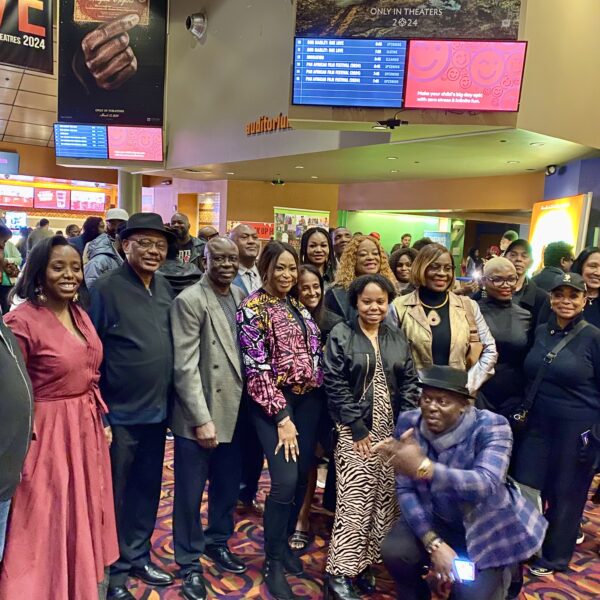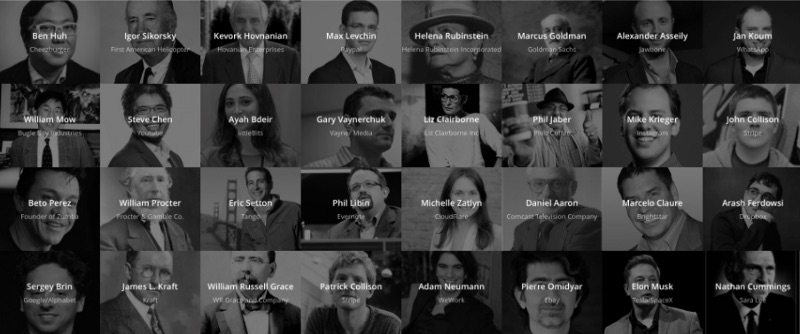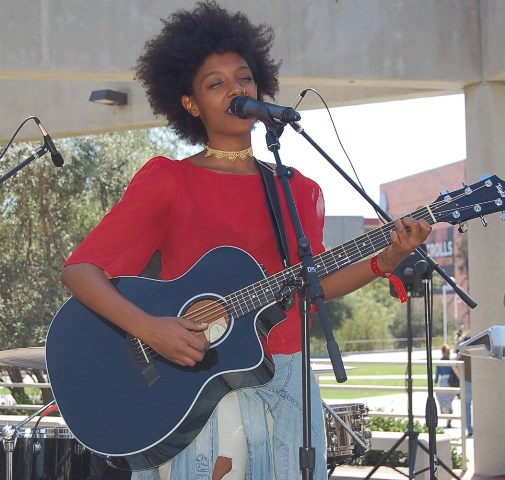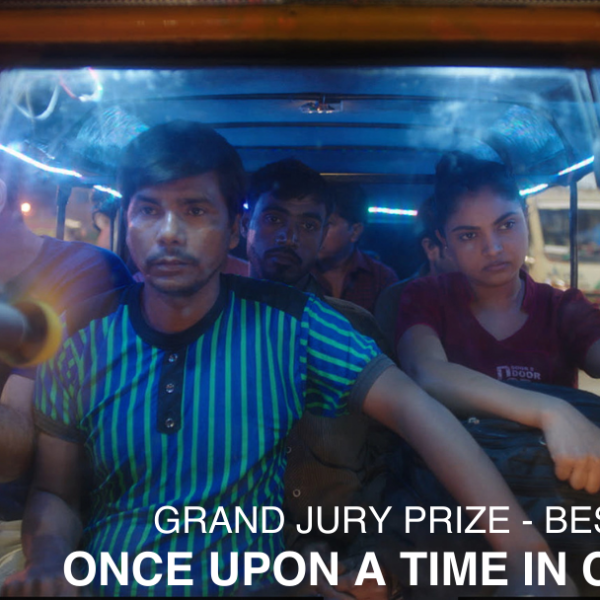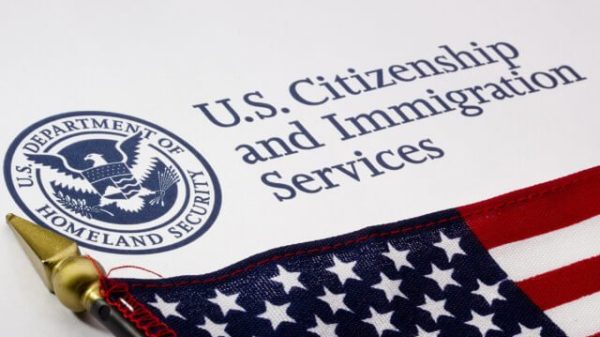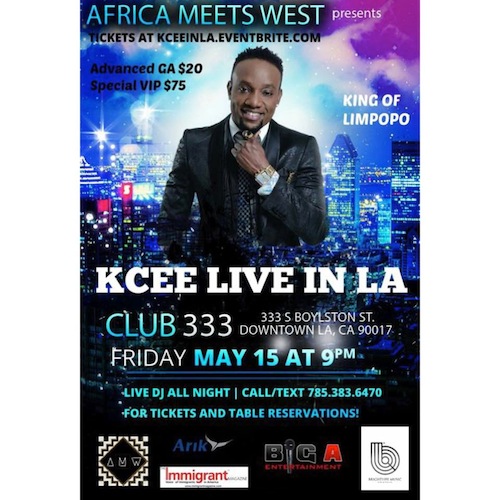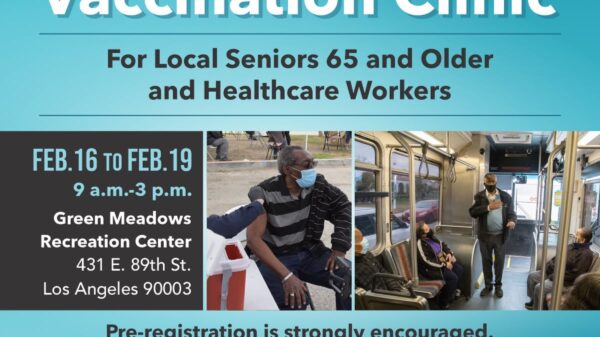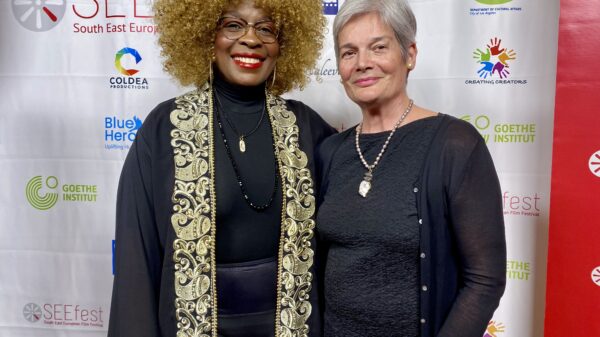Magazine, The Immigrant Experience
American activists of Hispanic-Latino origin have been working for centuries to create better living conditions not only for those who share their culture and heritage but also for every soul on American soil. Activists originating from Spanish and Latin regions have a long and bright history of aggressive activism for protecting the rights of their fellow beings.
They have been bringing about a visible change in American society by continuously pushing social progress. However, their contributions and impact have always gone under-celebrated, if not ignored at all. Here, in this short article, you’ll learn about a few Hispanic-Latino American activists – past and present – who pioneered and led the process of social progress for many communities in the US.
Berta Caceres
She was a famous environmental activist from Honduras who literally gave her life while safeguarding the rights of indigenous people. She won the Goldman Environmental Prize for her movement against the proposed Dam on the Gualcarque River, which was considered sacred by indigenous tribes. Due to her efforts, indigenous tribes were also given access to water, food, and medicines. She was also an indigenous leader and co-founder of the Council of Popular and Indigenous Organizations of Honduras.
Berta Caceres was honored with the Lifetime Achievement Award (UNEP Champions of the Earth) in 2016. Her obsessive efforts and activism gave sleepless nights to certain powerful elements, which ultimately assassinated her in 2016.
Juan Felipe Herrera
Juan Felipe Herrera is a Mexican-American activist and writer who became the first United States Poet Laureate (2015-2017) of Latino origin. As a poet, he celebrates his Hispanic-Latino heritage through his poetry. He is also well-known for his efforts for the rights of migrant communities and the indigenous people. He has won many awards, including the National Book Critics Circle Award in poetry for his “Half the World in Light”. He was elected as chancellor of the American Poets in 2015.
He was born in southern California to Mexican migrant parents who worked as farmworkers in and spent his early youth on the move, living in tents and trailers in small farming towns throughout the San Joaquin Valley.
Joan Baez
Joan Baez is an activist and a folk singer of Hispanic descent who spread awareness among the public with her songs of protest, social justice, resistance, and empowerment. She has been performing publically for more than 60 years and has released more than 30 albums. Her songs revolve around social justice topics, including civil rights, environmental causes, and nonviolence. At the age of 75, she still uses her songs to benefit her causes. In 2017, she was inducted into the Rock and Roll Hall of Fame.
Baez was born in New York. His father, a Methodist minister, was born in Puebla, Mexico, and moved to the US in his youth. Her mother was born in Edinburgh, Scotland, to an English Anglican priest.
Lizzie Velasquez
Lizzie Velasquez is a Mexican-American activist and motivational speaker who was born with a very rare congenital disease, namely Marfan Lipodystrophy Syndrome (which prevents a person from gaining body fat and weight.) She was once circulated on Youtube in a video titled “World’s Ugliest Woman”, which led her to start a struggle against bullying and speaking for people having disability identities.
She is an aspiration for many, and her motivational videos for Hispanic-Latino heritage and disability identities got more than 54 million views online. She loves Mexican culture, especially the cuisine, and said, while talking about her large Mexican-American family, “A big part of who I am today is because of my culture.”
Dr. Helen Trías
Helen Rodríguez Trías was a Puerto Rican-American pediatrician, educator, and women’s rights activist. She was awarded the Presidential Citizens Medal and was the first Latina president of the American Public Health Association. As an early advocate for women’s reproductive rights, she helped drive and draft the US federal sterilization guidelines in 1979. Dr. Helen also helped expand public health services to children and women in the minority and low-income populations around the world.
Trías’s parents moved to New York City from Puerto Rico in the early 1900s. After her birth in 1929, the family moved back to Puerto Rico but returned to New York in 1939.
Conclusion
During National Hispanic-Latino Heritage Month, which runs from September 15 to October 15, it’s essential to take time to acknowledge and celebrate the Hispanic-Latino Americans who struggled all their lives to ensure the rights of various communities in the US. We need to understand that their heritage is, in fact, American heritage, as we see it in every aspect of our communal life: in the music, we dance to, in the food we enjoy, in the medical services we receive, and in the facilities and luxuries of the daily life the Hispanic-Latino scientists invented.


